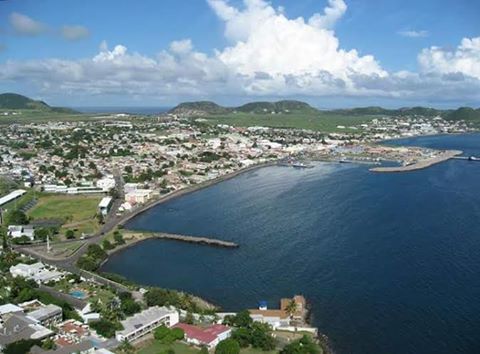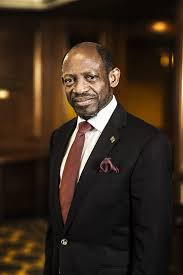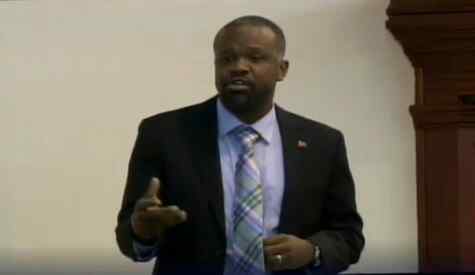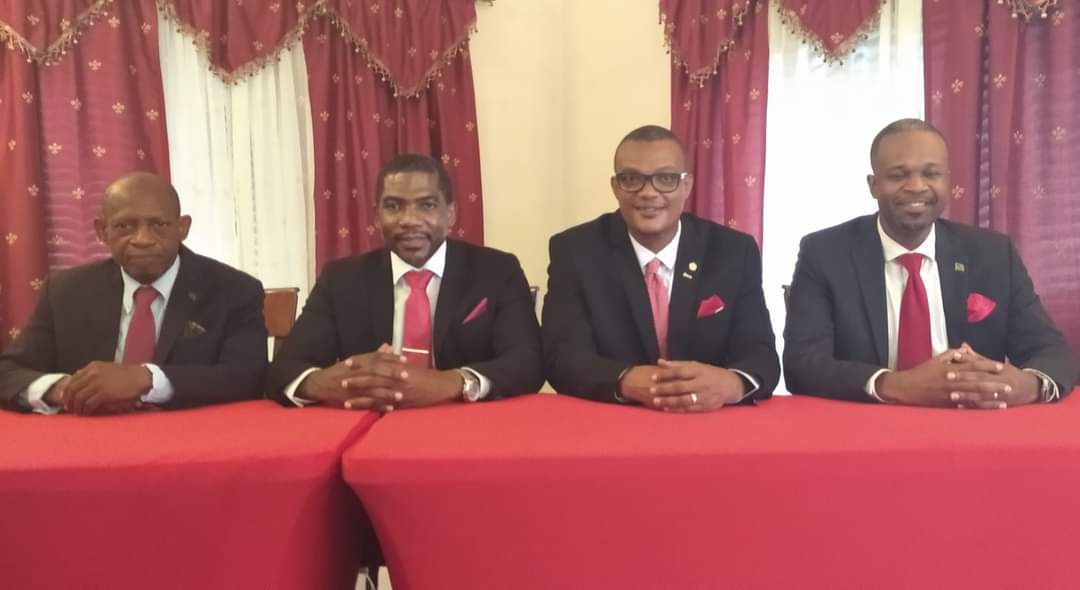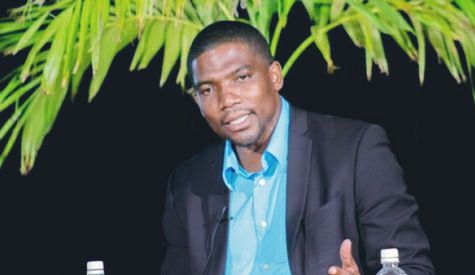BASSETERRE, ST. KITTS – Former Prime Minister the Rt. Hon. Dr. Denzil L. Douglas said when the St. Kitts-Nevis Labour Party administration left office in 2015, the debt to GDP ratio was about 70 percent and destined to reach 60 percent in 2017 ahead of the 2020 deadline.
During his weekly radio programme “Ask the Leader” Dr. Douglas, slammed Prime Minister Dr. the Hon. Timothy Harris for being “deceitful and lying” for giving the impression that he is responsible for success of the home-grown IMF Structural Adjustment Programme.
Dr. Douglas recalled that the St. Kitts-Nevis Labour Party Administration initiated the programme to tackle the high debt situation to ensure that there would be economic activity again that would generate growth in the economy and provide job opportunities for nationals, especially the youth, young men and women, one of the persons who was in the Labour Party Government at that time was Dr. Timothy Harris.
Dr. Harris while serving as Minister of Finance in the Labour Party Administration embraced the Budget.
“Timothy Harris when he left the Government indicated that he opposed the IMF arrangement. Never said a word in the Cabinet but being very deceitful and deceptive, said that he opposed it and in parliament indicated that it was a wrong position for the government to take,” said Dr. Douglas, who pointed to the several articles and public statements not only at the international level, but at the regional level that lauded the effort of the Labour Party Administration in going into the programme with the IMF to address the serious economic and financial and social issues.
“We initiated a programme which was successfully completed with high marks being given by the IMF. The debt to GDP ratio that we left was about 70 percent of GDP,” said Dr. Douglas, who accused Prime Minister Harris of being “deceitful and lying” for telling the Nation that he paid off a debt that the Labour Administration left.
“Dr. Harris cannot even be gracious at a time when there has been abundant success as a result of a programme that he first embraced (in the Labour Government and as Minister of Finance) and then opposed just before he was dismissed from the Labour Cabinet,” said Dr. Douglas, who again used the opportunity to express thanks to several persons involved in the IMF discussions.
“I remember seeing our Financial Secretary Janet Harris at a point of severe strain to the extent where her health could have failed her because of her dedication and sacrifice she exhibited to ensure that today we are where we are in St. Kitts and Nevis,” said Dr. Douglas, who also recalled her “passion with regard to the plight of young people, those whom she saw in her own church and on the streets and it’s because of the personal contradictions that she had seen in life here in St. Kitts and Nevis which motivated her to ensure that a programme was successfully put in place and steered in the right direction. “
He also commended Hilary Hazel, who succeeded Mrs. Harris when she took up an appointment at the World Bank to get greater experience and exposure and to be called to greater service to prepare to come back to serve.
“I want to thank Hilary for taking on the mantle Mrs. Manning-Gumbs for working diligently. Calvin Edwards and the other staff members in the Ministry of Finance and also Accountant at the Treasury, Mr. Livi Bradshaw who kept a watchful eye as to what was happening. I want to thank all of them in the Ministry of Finance,” said Dr. Douglas, who added: “I do not thank Harris because as he opposed it after embracing it. They (officials) believed in it and pursued it and should be given the credit and not Dr. Harris, who is trying to grab everything for himself, even something that he did not support in the end.”
“He is trying to grab the fruits of it but the people of St. Kitts and Nevis are saying loudly and clearly that he is a failure and will continue to hold on to his zeros as the people try to hold on to their x’s and will exercises those x’s at the right time,” said Dr. Douglas.
Following the severe financial and economic crisis in 2008, St. Kitts and Nevis after pursuing the 3 year IMF programme achieved a 7 percent growth rate in 2013 and 6 percent in 2014. The growth rate has been lauded by the Eastern Caribbean Central Bank (ECCB), the Barbados-based Caribbean Development Bank (CDB), the Washington-based International Monetary Fund and the World Bank, the United Nations, the Economic Commission for Latin America and the Caribbean and the Commonwealth.
Since taking office, the growth rate has taken a nose dive under the Timothy Harris-led CCM/PLP/PAM coalition registering 3.5 percent in 2015and an estimated 3 percent in 2016.

